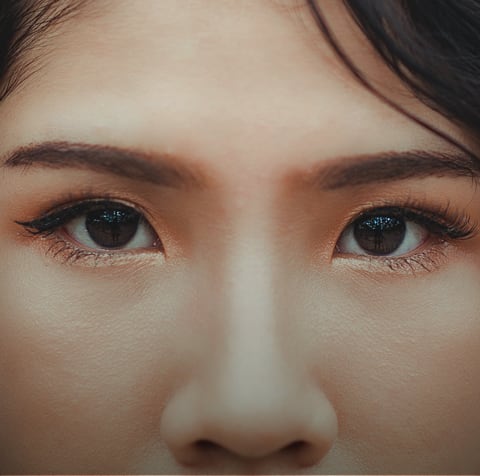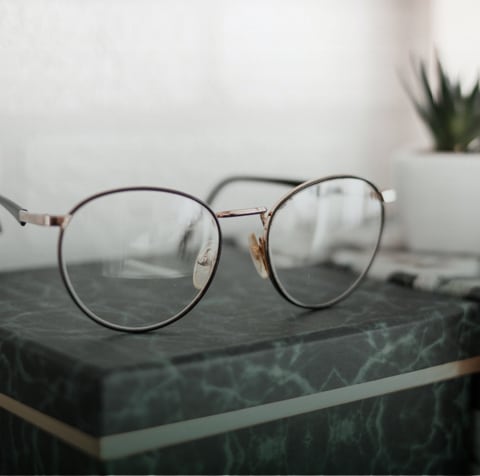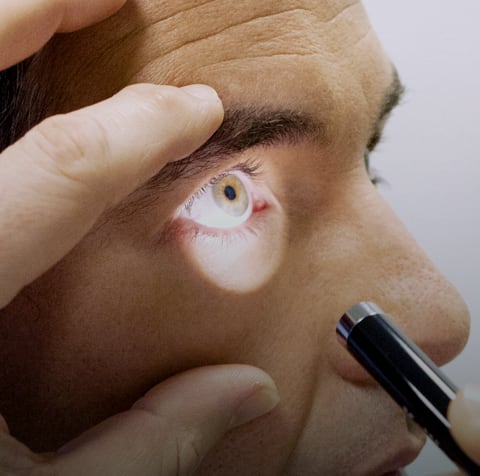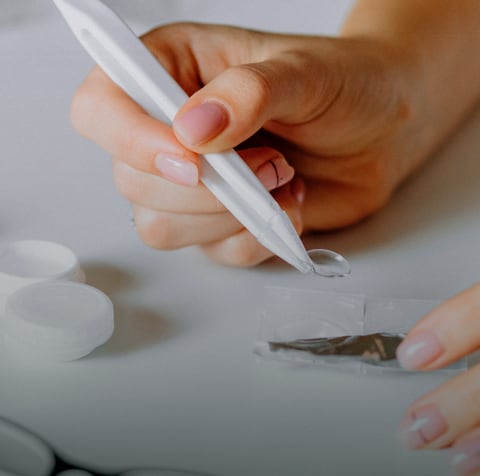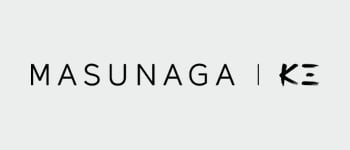As a parent, you’re probably accustomed to your child’s regular check-ups, from vaccines to dental appointments. But what is the best age for kids eye exams? While vision problems in children are not uncommon, they often go unnoticed. Regular eye exams are essential for monitoring your child’s eye health and ensuring their academic success and overall well-being. So, when should you get your child’s eyes examined? Let’s explore the recommended ages and key considerations for pediatric eye care at Park Slope Eye and Optical Boutique.

The First Eye Exam: Around 6 Months
The American Academy of Optometry recommends scheduling your child’s first eye exam at around six months of age. At this stage, Dr. Miriam Korik, a pediatric optometrist, will assess your child’s eye development and overall eye health. This early examination aims to detect and address issues such as strabismus (crossed eyes) or amblyopia (lazy eye) promptly. Early intervention is crucial for managing these conditions effectively.
Preschool Years: Ages 3-4
Between the ages of three and four, your child should have another comprehensive eye exam. This exam helps identify common vision problems like nearsightedness, farsightedness, or astigmatism. Detecting and addressing these issues early can significantly impact your child’s learning and development. Children often have difficulty expressing vision problems, even if their vision is blurry they assume that is how everyone sees. With a thorough examination at Park Slope Eye and Optical Boutique, Dr. Korik has the skills to assess a child’s vision with no or minimal responses, so no fear that your little one can trick us or you!
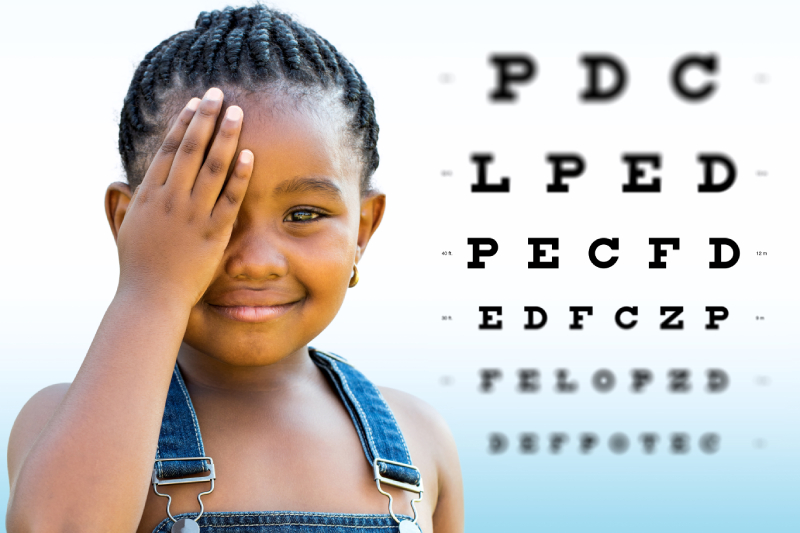
School-Age Children: Ages 5-18
Once your child starts school, regular eye exams become even more important. The American Optometric Association suggests scheduling eye exams every two years for children without any vision problems. It is important to assess our ocular health even with perfect vision! However, if your child wears glasses or has any known eye conditions, annual exams may be necessary.
During these exams, the eye care professional will check for refractive errors (the need for glasses or contact lenses) and assess eye health. Vision screenings at school or the pediatrician are helpful but may not catch all issues, so don’t rely solely on these screenings.

Signs That Your Child May Need an Eye Exam
While regular eye exams are crucial, there are some signs that may indicate your child needs an eye examination sooner than their next scheduled appointment:
- Squinting: If your child frequently squints, it may be a sign of vision problems.
- Frequent Headaches: Eye strain can lead to headaches, especially if your child has uncorrected vision issues.
- Holding Objects Close: If your child holds books, screens, or objects very close to their face, it may indicate nearsightedness.
- Excessive Eye Rubbing: Frequent rubbing of the eyes can signal discomfort or vision problems.
- Inconsistent Academic Performance: Struggling in school or losing interest in reading may be related to vision difficulties.
- Red or Watery Eyes: Persistent eye redness or excessive tearing can be a sign of eye irritation or allergies.
- Misalignment of Eyes: Crossed or misaligned eyes should be addressed promptly.
Regular eye exams for your child are as important as routine check-ups with the pediatrician. Early detection and treatment of vision problems can significantly impact their learning and overall quality of life. Remember to follow the recommended schedule for eye exams and keep an eye out for any signs that your child may need one sooner. Your child’s vision is a precious gift, and with proper care, you can help them see the world clearly and achieve their full potential.
Contact Miriam Korik, OD at Park Slope Eye and Optical Boutique for the best pediatric eye care experience in Brooklyn.

